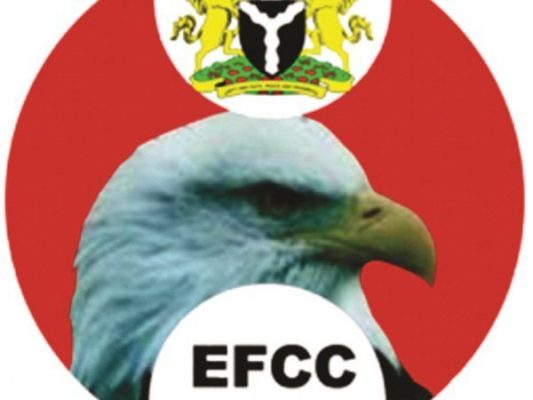The Economic and Financial Crimes Commission (EFCC) has vowed to pursue corruption cases without fear or favour, saying no politician or high-profile individual will be shielded because of party affiliation.
EFCC Chairman, Mr Ola Olukoyede, made this known on Thursday in Abuja during a media briefing to mark his second year in office.
Olukoyede said the anti-graft agency would not protect any politician who defected to the ruling party, stressing that the EFCC remained impartial in all its operations.
Speaking through the Director of Legal and Prosecution, Mr Sylvanus Tahir, the chairman said the commission would not compromise its mandate in handling corruption-related cases.
He was responding to allegations that the EFCC shielded politicians who switched allegiance to the ruling party to evade investigation or prosecution.
“It is alleged that politicians who joined the ruling party are being shielded by the commission. The simple answer is that it’s not true,” Tahir said.
He added that the reference being made to the case of a former Delta State governor and others was misplaced, explaining that investigations were still ongoing.
“To the best of my knowledge, that case is still under investigation, and in due course, justice will be served. No one is shielded because of party affiliation,” he said.
Tahir urged patience in the handling of high-profile cases, noting that thorough investigations take time but yield stronger results when presented in court.
“If we are patient and do diligent work, Nigerians will see the quality of our cases. There is no intent anywhere to protect anyone who switches parties,” he added.
The EFCC chairman also refuted allegations that the agency deducted a percentage from recovered funds without legislative approval.
He described the claim as false, saying the President of the Senate had already clarified that the Proceeds of Crime Act (POCA) did not authorise the EFCC to make such deductions.
“POCA stipulates that only the President of the Federal Republic of Nigeria can make statutory deductions, following due legislative procedures,” Tahir explained.
He emphasised that the EFCC operated strictly within the law and did not engage in any unauthorised financial deductions or appropriations.
“EFCC does not have the authority to make statutory deductions and has never done so. We act only in accordance with the law and due process,” he ended.



